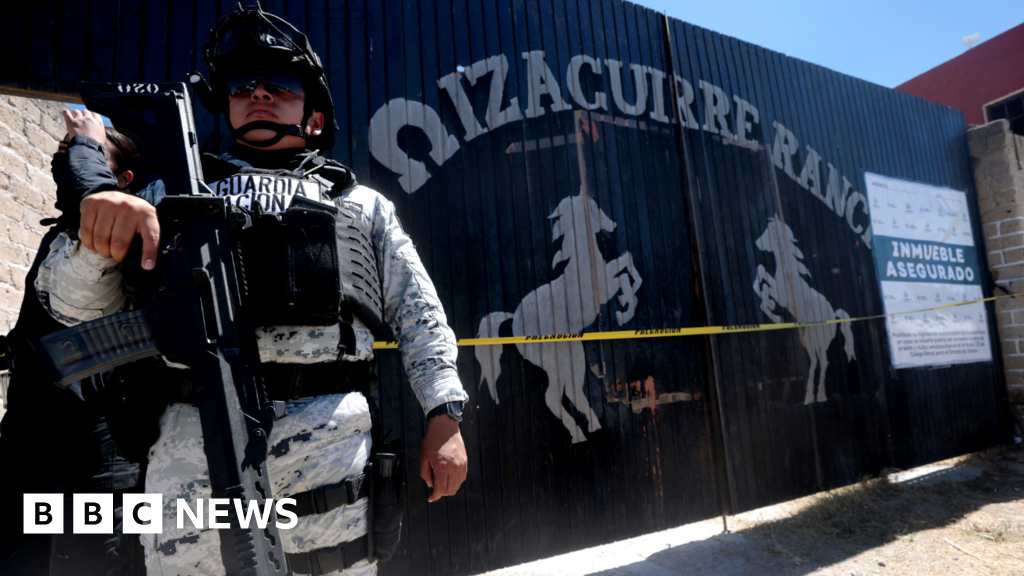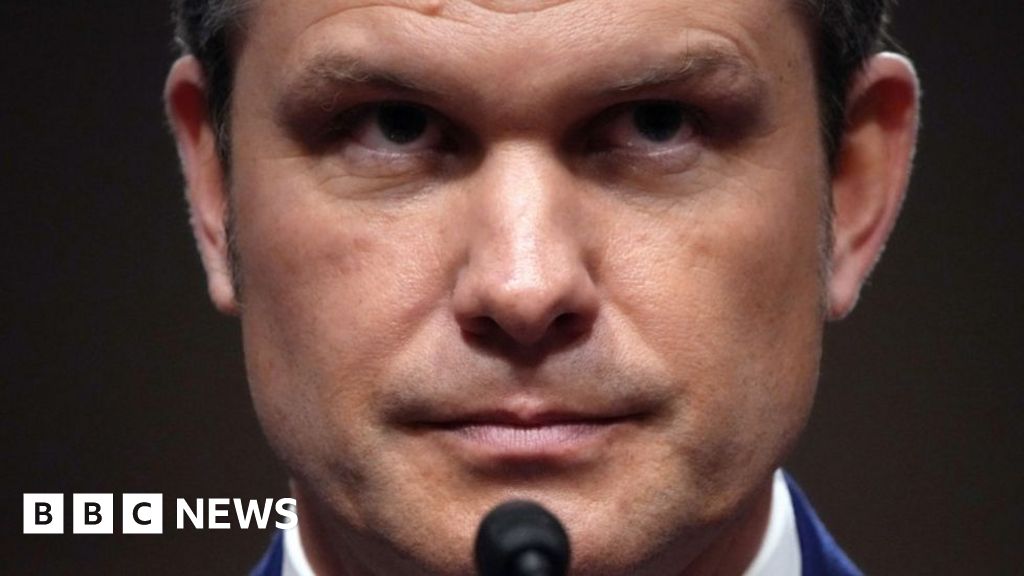Crisis? What Crisis? Media Failing to Convey the Urgency of the Climate Emergency — Global Issues
ROME, Apr 11 (IPS) – If an alien landed on Planet Earth today and started watching television and reading the newspapers, it would probably not realize that humanity and the natural world face an existential threat – one that has taken us into the Sixth Mass Extinction, is already devastating the lives of many, especially in the Global South, and is set to hit the rest of us soon.
“I don’t know what is scarier, the fact that atmospheric CO2 just hit the highest level in human history, or that it has gone close to completely unnoticed,” tweeted Greta Thunberg on April 9 regarding data from the Global Monitoring Laboratory (GML) of the United States National Oceanic and Atmospheric Administration (NOAA).
Aside from some notable exceptions, the climate crisis has not brought out the best in the mainstream media.
The scientists and activists who sound the alarm are often portrayed as dangerous extremists or loonies.
The treatment dished out last year by a popular television show, Good Morning Britain, to Miranda Whelehan, a young member of the UK’s Just Stop Oil civil-disobedience group, is a good example.
Instead of considering her valid points about the looming dangers outlined in the IPCC’s reports, she was ridiculed and bullied with bogus arguments, including criticism for ‘wearing clothes’ that may have been transported using oil. Was she supposed to turn up naked?
It was so bad that it seemed to have come straight from Adam McKay’s 2021 satirical film about the climate crisis, Don’t Look Up.
But butchering climate coverage is only a small part of the problem.
What is perhaps worse is the extent to which global heating and its effects are largely ignored, with celebrity gossip and sports among the subjects that seem to take precedence.
There are not enough stories about the climate emergency and those that do get published or screened are not given the prominence they deserve.
New research by the Italian section of Greenpeace gives an idea of the scale of the problem.
The ongoing monitoring study, conducted with the Osservatorio di Pavia research institute, showed that the main Italian dailies only publish around 2.5 articles a day explicitly dealing with the climate crisis.
The newspapers give plenty of space, on the other hand, to businesses whose activities generate big greenhouse-gas emissions, running an average of six adverts a week to firms involved in fossil fuels and in the automobile, cruise tourism and air-transport sectors.
The study revealed that less than 3% of the stories on Italy’s biggest TV newscasts deal with the climate crisis.
“The main newspapers and news programmes do not treat the climate crisis as an emergency,” Greenpeace Italia Spokesperson Giancarlo Sturloni told IPS.
“The news is scarce and sporadic; the climate crisis is hardly ever a front-page topic.
“Suffice it to say that in the main prime-time news, climate change is mentioned in less than 2% of the news and in some periods it falls below 1%.
“Moreover, in the Italian media there is little mention of the causes, starting with fossil fuels, and even less of the main culprits, the oil and gas companies”.
Naturally, this problem is not limited to Italy.
In 2019 the Columbia Journalism Review, The Nation, The Guardian and WNYC set up Covering Climate Now (CCNow), a consortium that seeks to work with journalists and news outlets to help the media give the climate crisis the treatment it deserves.
Since then over 500 partners with a combined reach of two billion people in 57 countries have signed up.
But co-founders Mark Hertsgaard and Kyle Pope say that, although progress has been made, much of the media is still failing to convey that climate change is “an imminent, deadly threat” lamenting that less than a quarter of the United States public hear about the issue in the media at least once a month
There are several reasons why the climate crisis is under-reported.
The climate crisis is complicated and often depressing, so editors may be reluctant to run stories that require lots of explaining and risk turning the public off.
Furthermore, Hertsgaard, the environment correspondent of The Nation, and Pope, editor and publisher of Columbia Journalism Review, report that many major outlets have privately said they will not sign CCNow’s Climate Emergency Statement because it sounds like activism and they do not want to look biased.
Sturloni believes that money is a factor too.
“Our analysis shows that the voice of companies is almost always the one that gets the most space in the media narrative of the climate crisis, even more than the voice of scientists and experts,” he said.
“The companies most responsible for the climate crisis also find ample space in the main Italian media, and often take advantage of this to greenwash or promote false solutions, such as gas, carbon offsetting, carbon capture and storage, nuclear fusion etc…
“This is due to the Italian media’s dependence on the funding of fossil fuel companies, which are able to influence the schedule of newspapers and TV and the very narrative of the climate crisis.
“This prevents people from being properly informed about the seriousness of the threat, and thus also about the solutions that should be urgently implemented to avoid the worst scenarios of global warming”.
© Inter Press Service (2023) — All Rights ReservedOriginal source: Inter Press Service
Check out our Latest News and Follow us at Facebook
Original Source







